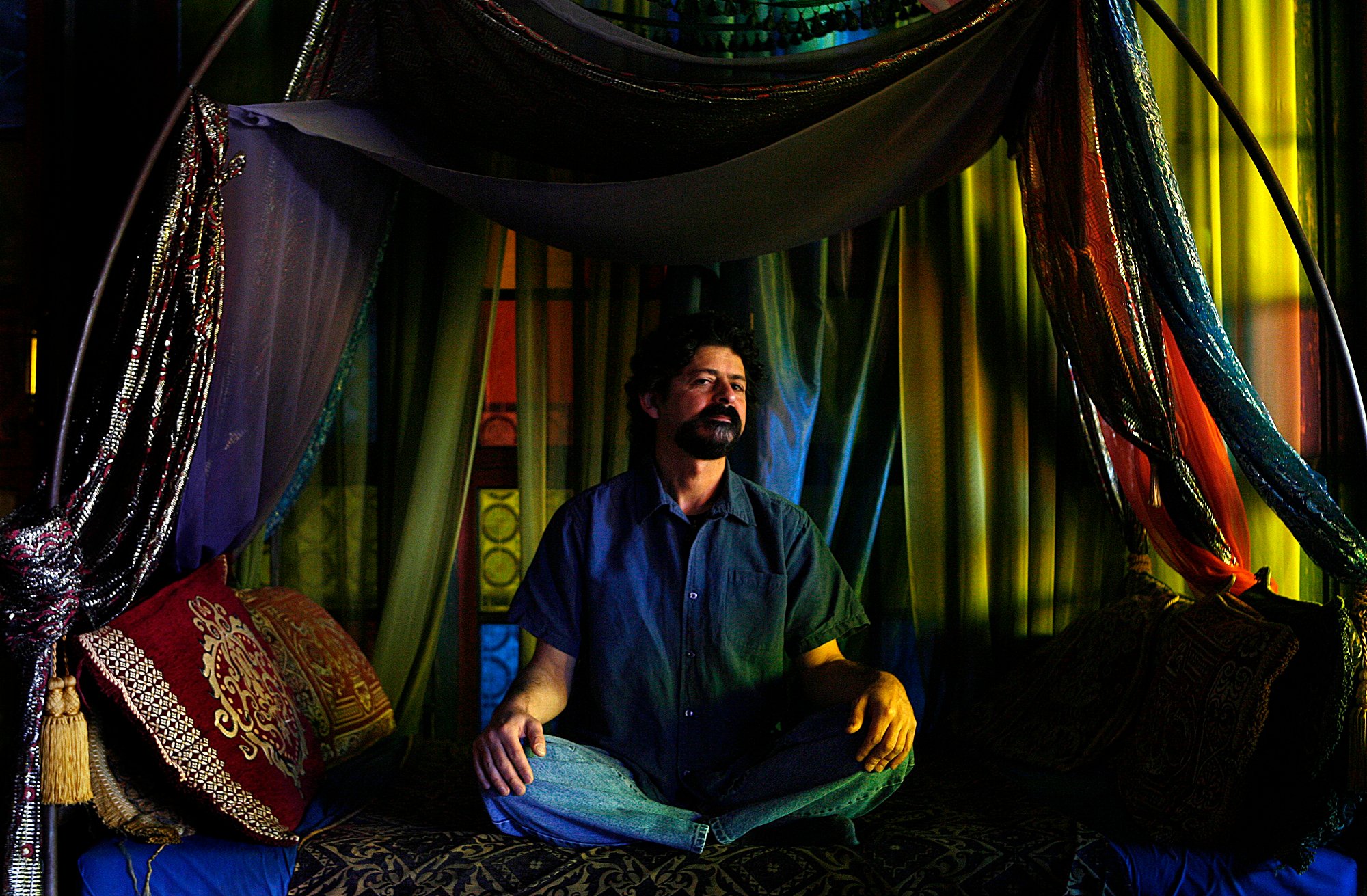Muslim and Arab Writers Are Challenging Western Imperialism’s Narrative

🌈 Abstract
The article discusses a new anthology of short stories called "Stories From the Center of the World: New Middle East Fiction" edited by Jordan Elgrably. The anthology features writing by Arab, Iranian, and Kurdish authors, as well as authors with diverse identities and backgrounds. The article explores how the anthology aims to counter stereotypes about Arabs and Muslims often perpetuated in Western media. It also discusses the targeting of Palestinian writers and intellectuals by Israel, and how literature can provide insight into the experiences of Arab and Muslim diaspora communities.
🙋 Q&A
[01] The Anthology "Stories From the Center of the World"
1. What is the purpose of the anthology "Stories From the Center of the World"?
- The anthology aims to counter stereotypes about Arabs and Muslims often perpetuated in Western media by presenting Arab, Iranian, and Kurdish writers as "real human beings, as three-dimensional people."
- The stories provide insight into the experiences of Arab and Muslim diaspora communities, including those whose parents were immigrants or who have multinational and multilingual backgrounds.
2. How did the editor Jordan Elgrably select the writers for the anthology?
- Elgrably has been engaged in cultural work with diasporic Arab, Muslim, and Middle Eastern communities since the 1990s.
- He has published literature and political analysis from "some of the most trenchant voices in the Arab and Muslim world" through his work with The Markaz Review.
- The anthology includes writers Elgrably has invited to present their work at a cultural center he co-founded in Los Angeles.
3. What is problematic about the terms "Middle East" and "Near East"?
- These terms were coined by Western imperialists and are exonyms (terms used by outsiders to define others) rather than how the people in the region define themselves.
- Lebanese poet Huda Fakhreddine calls the "Middle East" a "made-up thing, a construct of history and treacherous geography, the Middle East as an American trope, a stage for identity politics."
[02] Targeting of Palestinian Writers and Intellectuals
1. Why have Palestinian writers, journalists, and poets been targeted by Israel?
- Israel has targeted Palestinian writers for termination since at least the 1970s, when they eliminated Ghassan Kanafani.
- In 2022, an Israeli sniper assassinated Al Jazeera reporter Shireen Abu Akleh, a popular Palestinian-American figure.
- There have been reports of Palestinians in Gaza receiving threatening calls from Israeli military intelligence before being killed in their homes.
- The thinking is that by eliminating people who write and speak about the "ongoing genocide" in Gaza, Israel can limit public knowledge about its crimes.
2. How does this targeting of Palestinian writers and intellectuals impact the ability to raise awareness about the plight of the Palestinian people?
- By deliberately taking out Palestinian "media workers, poets, writers, and other intellectuals," Israel is trying to "limit public knowledge about its crimes in Gaza."
- This is part of a "concerted effort to limit public knowledge about its crimes" against the Palestinian people.